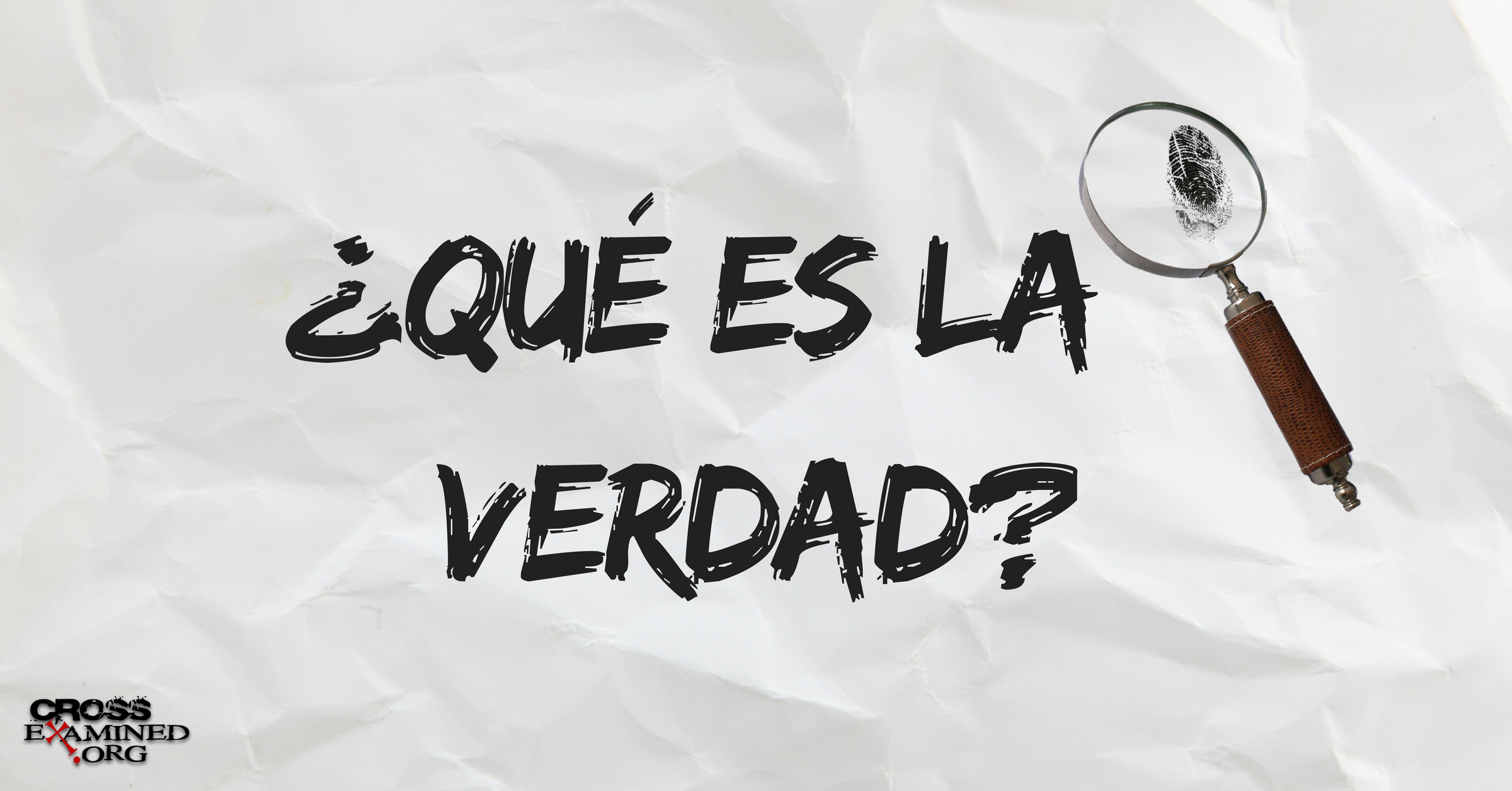By Alisa Childers
When my daughter was little, I made her quinoa, oat, and flax seed waffles, and she loved them. It wasn’t until we were visiting family in California that she experienced the hotel breakfast bar and exclaimed out loud, “Mom, these waffles are SO MUCH BETTER THAN YOURS!” The charade was over. Dry, grainy, fake waffles would no longer be tolerated. She had now tasted the real thing, and would never again be fooled by a fake.
Likewise, one of the most effective ways to teach our children to spot a false gospel is to make sure they are well-versed in the true gospel . That way, when they encounter a false version of Christianity, they will immediately recognize it. Here are some ways to teach our children to spot a false gospel:
Teach them to love the truth
One of the most common ways that young Christians are deceived with bad ideas is through the vehicle of relativism. Relativism is the belief that absolute truth does not exist or cannot be known. “What is true for you is true for you” or “There is no such thing as truth” are common expressions thrown at Christians to shut down their ideas and make them feel like moral censors/criticizers for simply claiming to know the truth.
However, Christianity is a belief system that stands or falls on the basis that truth is absolute. God either exists or he doesn’t. Jesus either rose from the dead or he didn’t. In fact, Jesus claimed to be Truth itself: “I am the way, the truth, and the life” (John 14:6). The stakes are that high!
Teaching our children to base their beliefs on what is true, not what feels right , will help prevent them from walking away when their faith no longer “feels right.”
Teach them to be biblically cultured
From the beginning, false ideas about God were passed off as “Christian.” False teachers often twisted Scripture to deceive followers of Jesus into believing their teachings. Even today, some of the most misleading ideas are those marketed as “biblical.”
The only way to know for sure whether an idea is biblical or not is to actually know what the Bible says. There is nothing wrong with buying a good children’s devotional book or a cartoon of a Bible character to supplement our devotions, but nothing can replace reading the actual Bible with our children.
This will help prevent them from falling into misquotes and misrepresentations because they will know the reality.
Teach them to identify the essentials of the gospel
One of the ways Christians can be deceived into believing a false gospel is when they confuse non-essential doctrines with essential doctrines. The thinking goes something like this: If Christians can’t even agree on how predestination works, why can’t we just agree to disagree about the resurrection?
Essential doctrines are beliefs that directly affect someone’s salvation. The virgin birth, the deity of Jesus, the atonement, the resurrection, the second coming, and the final judgment are all examples of essential doctrines of the gospel. These are fundamental topics that we cannot simply agree to disagree about.
Teaching our children to recognize the difference between core and non-core beliefs will help them avoid confusion about what matters most.
Teach them to define their terms
One telltale sign of a false gospel is the redefinition of terms. For example, someone might imply that telling people they might not go to heaven is “unloving.” But this only works if they have redefined the word love to mean making someone feel good by endorsing all their beliefs and behaviors. But according to the Bible, that is not love at all.
First Corinthians 13 tells us that “love is patient and kind” (verse 4). But it also “does not rejoice at evil but at the truth” (verse 6 [author’s error in verse]). To love someone means to tell them the truth, even when it’s unpleasant. So telling someone about the possibility of an eternity apart from God is actually the most loving thing you can do .
Teaching our children to define their terms biblically will help protect them from being “pigged in” by words that are redefined according to cultural norms.
Teach them to appreciate the beauty of the gospel
The apostle Paul wrote that when he preached the gospel, it had a fragrance. To some, it smelled of life and peace. To others, it reeked of death. [1] I imagine it all came down to whether or not someone truly believed they were a sinner. If one does not recognize their own sinfulness, the Father’s message demanding Jesus’ sacrifice on the cross would seem unnecessary—even immoral. However, if someone knows they have sinned against a holy God and deserve death, Jesus’ atoning work suddenly becomes the most beautiful cure imaginable.
We live in a culture that inundates our children with messages that they are perfect just the way they are and that they should follow their hearts. But these “positive messages” soften their own sinfulness and can make them vulnerable to imitations/counterfeits of the cross akin to “cosmic child abuse.”
As parents, we know that most ideas are learned, not taught. It is useless to teach our children all the right things if we ourselves do not practice those ideas. This involves repenting when we are wrong. It involves reading the Bible and praying with them. And just as my daughter will never again be fooled by imposter waffles, our children will not settle for false gospels because they will be so well acquainted with the real one .
Grades
[1] 2 Corinthians 2:15-16
Recommended resources in Spanish:
Stealing from God ( Paperback ), ( Teacher Study Guide ), and ( Student Study Guide ) by Dr. Frank Turek
Why I Don’t Have Enough Faith to Be an Atheist ( Complete DVD Series ), ( Teacher’s Workbook ), and ( Student’s Handbook ) by Dr. Frank Turek
_____________________________________________________________________________________________________________________________________________________
Alisa Childers is an American singer and songwriter, best known for being part of the all-female Christian music group ZOEgirl. She has had one top ten radio single, four studio releases, and received a Dove Award during her time with ZOEgirl. Years later, Alisa experienced a profound challenge to her lifelong faith when she began attending what would later be identified as a progressive Christian church. This challenge pushed Alisa towards Christian Apologetics. You can currently read, listen to, and watch Alisa’s work online, as well as purchase her recently released book on progressive Christianity, titled Another Gospel.
Original Blog : https://cutt.ly/YO9CxmL
Translated by Jennifer Chavez
Edited by Gustavo Camarillo


